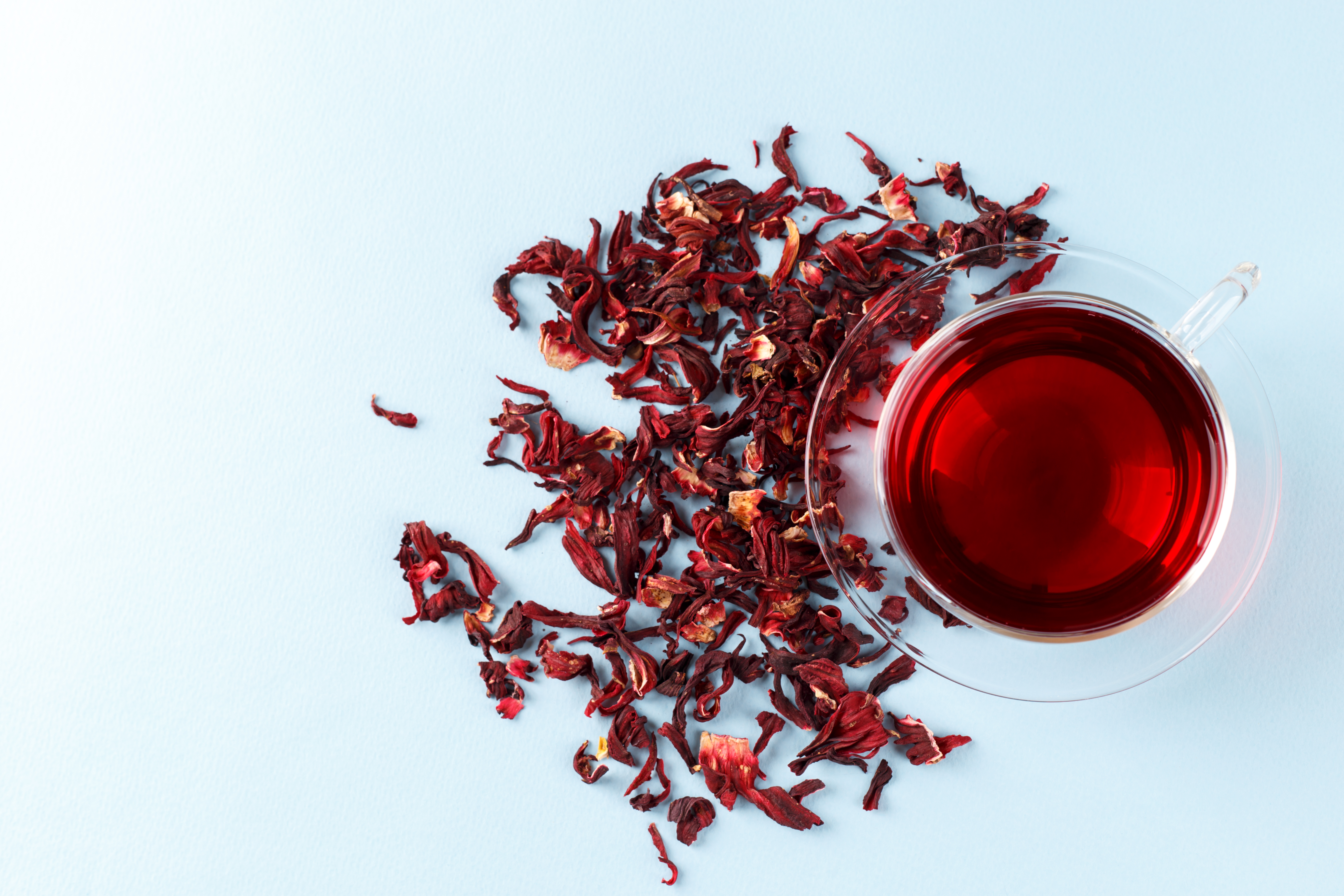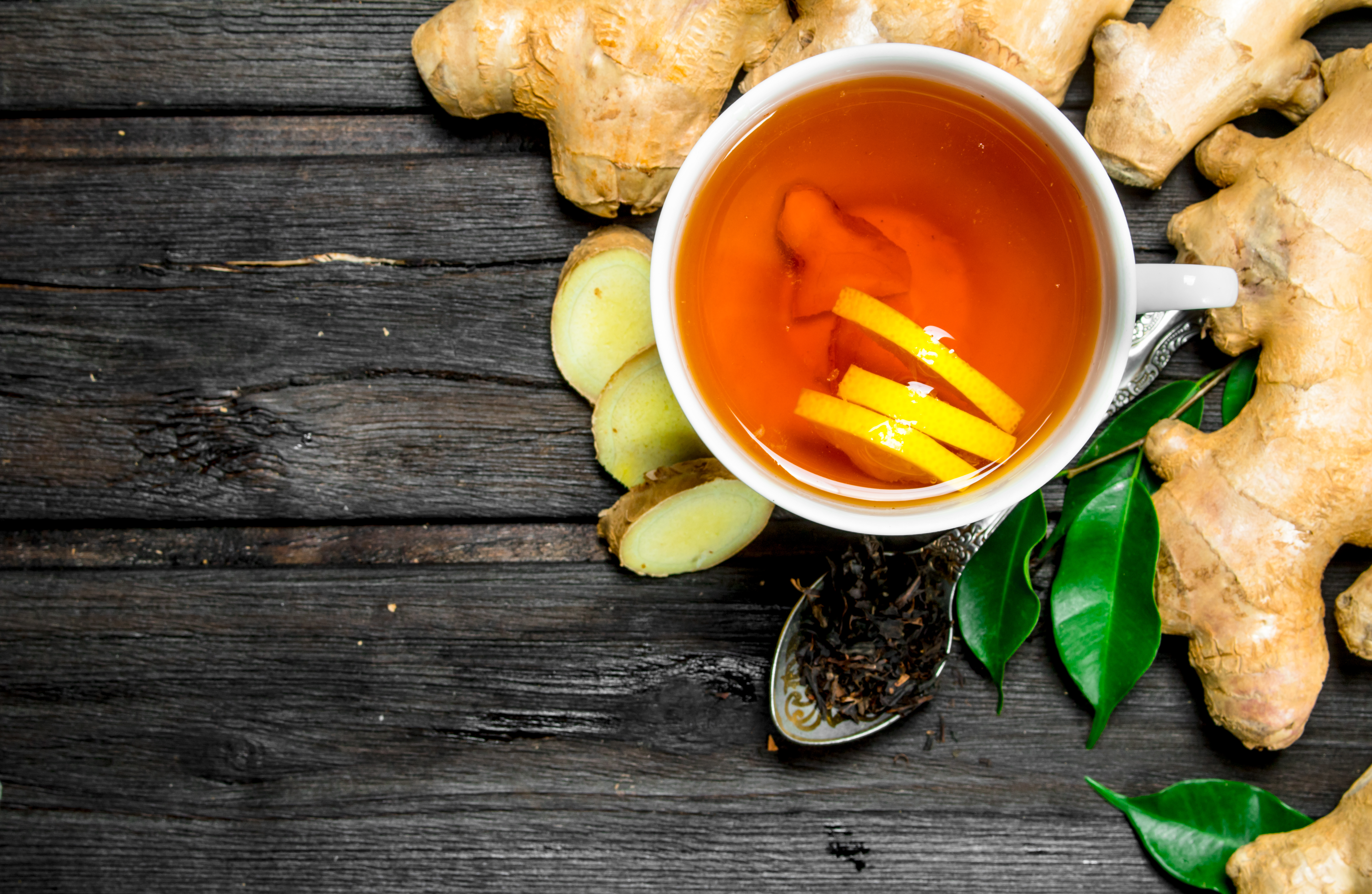Anti-Inflammatory Drinks That Double as Heart-Helpers
3. Hibiscus Tea: A Floral Remedy

Hibiscus tea, with its tangy flavor and vibrant red hue, is more than just a refreshing beverage. This tea is rich in anthocyanins, compounds that give it its distinctive color and contribute to its anti-inflammatory effects. Hibiscus tea has been shown to lower blood pressure, a key factor in maintaining heart health. The tea's high antioxidant content helps combat oxidative stress, which can lead to inflammation and heart disease. Regular consumption of hibiscus tea can also aid in reducing cholesterol levels, further supporting cardiovascular health.
4. Ginger Tea: A Spicy Solution

Ginger tea is a zesty beverage known for its warming properties and numerous health benefits. The active compounds in ginger, such as gingerols and shogaols, have been shown to possess strong anti-inflammatory and antioxidant effects. These compounds help reduce inflammation by inhibiting the production of pro-inflammatory cytokines. Ginger tea can also improve circulation, which is vital for heart health. It aids in lowering cholesterol levels and preventing blood clots, both of which are crucial for maintaining a healthy heart. Preparing ginger tea is simple and can be tailored to your taste by adding lemon or honey.
